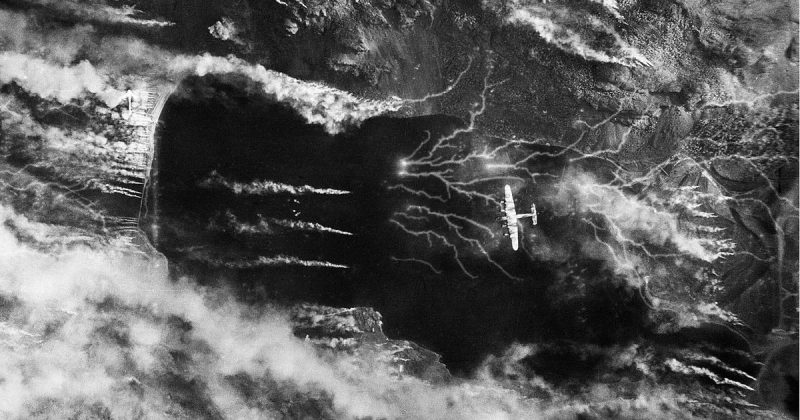70 years ago, Howard Hendrick flew Lancaster bombers in Europe during World War II. After the war, he married his girlfriend and began a commercial piloting career that lasted until 1954. After that, he didn’t fly a plane for forty years.
“I was too busy with family life,” he said.
After his wife passed away, he went on a joy flight with an instructor. The instructor was surprised at how much Hendrick remembered. The instructor asked Hendrick to come back and fly again, which he did.
Hendrick recently celebrated his 93rd birthday. He enjoys taking a flight every month with a co-pilot. He knows that his health could interfere with his flying, so he is flying on a restricted learner’s permit and has to fly with an instructor. At any time, the instructor could tell him that he should stop flying for his own safety.
Tim Laidler is the instructor who flies with Hendrick. He believes that Hendrick could get his full license if he wanted to. He said that Hendrick is always looking to improve. He’s practicing his crosswind landings now and works hard at it. Laidler said that “it helps keep his cognitive skills up to speed.”
Hendrick grew up in Renmark in the 1920s. They had no electricity or running water at their home. His mother was born in England. She was living in a new country and raising three kids without any support.
His father was an Army sergeant in World War I and he maintained strict discipline in the household which Hendrick says was useful when going into the military.
Hendrick wanted to be sure he didn’t fight on the frontline like his father. So, a few years after World War II began, he registered for flight training. He was 19 at the time.
He learned how to fly the Tiger Moth airplane. He also learned meteorology, navigation, and weapons. The guns would malfunction from time to time, so he had to learn how to pull them apart, fix them and get them shooting, all in mid-air.
It was stressful being a recruit. Only 20% of the recruits became pilots. Hendrick was lucky to be chosen as a pilot. His brother had the same qualifications, but he didn’t make it.
Hendrick says vigilance kept him safe during 31 bombing runs over Germany. Pilots faced just as many risks in the air as the other soldiers faced on the ground. He heard stories from prisoners of war and was afraid that he might have to bail out behind enemy lines.
Part of the danger in the missions was keeping alert in the cockpit on bombing runs that could last up to nine and a half hours. Partly due to his skill and partly due to his luck, Hendrick made it through the war unharmed, ABC News reported.
He now lives on his own at home with help from his children. He is grateful that he still gets to enjoy flying.
